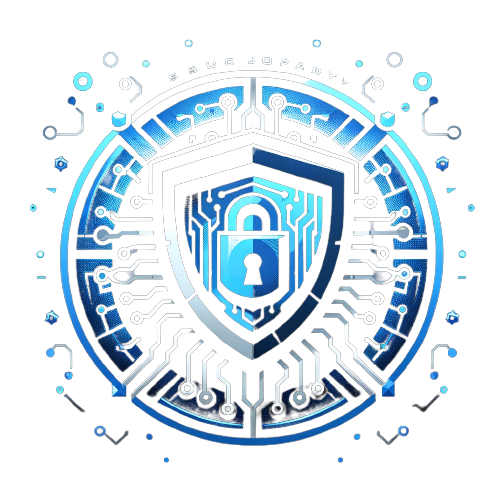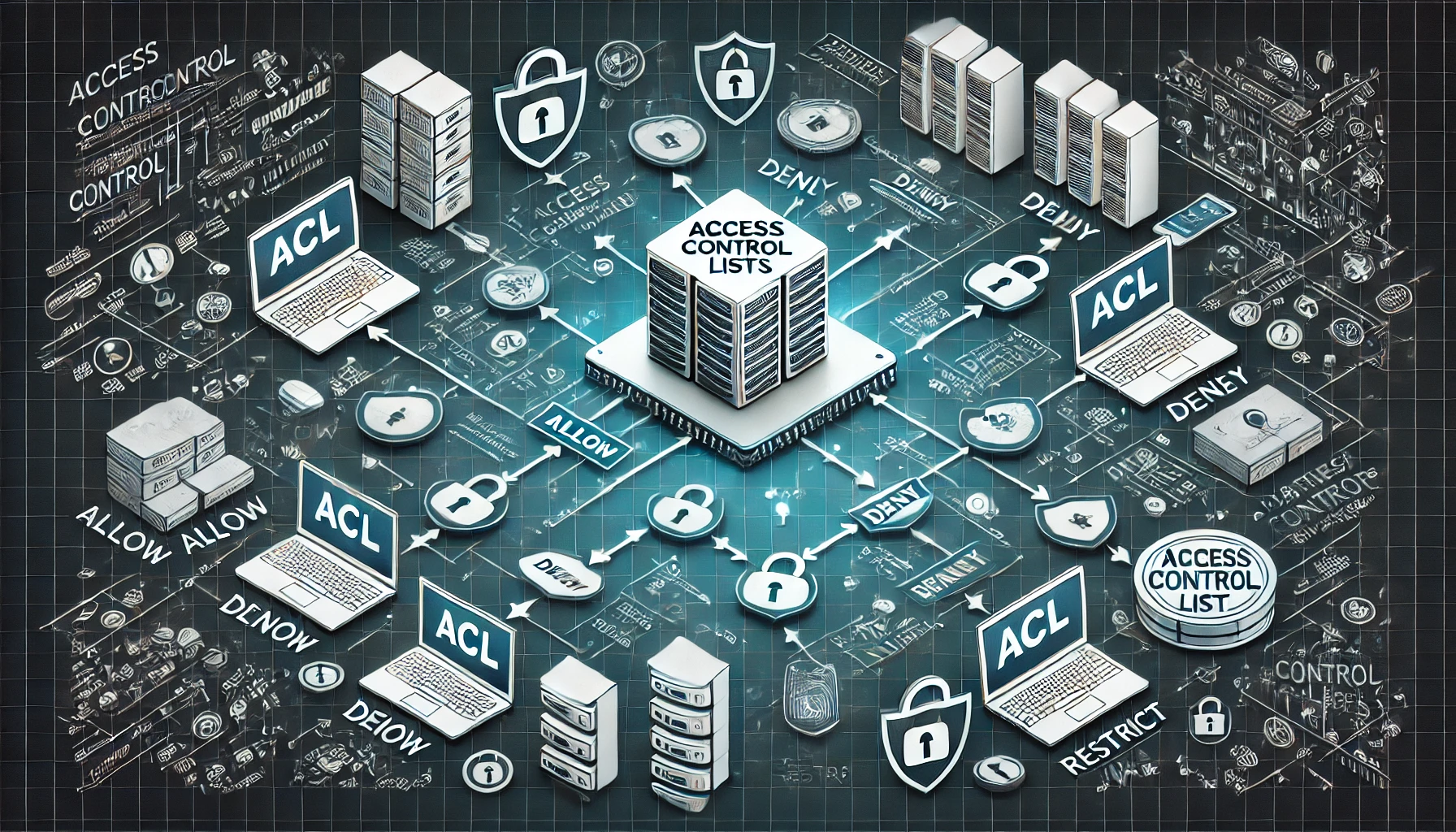Cybersecurity has become one of the most talked-about fields in technology, especially with the rise in cyber threats and data breaches. Many aspiring professionals are curious about the challenges and complexities associated with this career path. Is cybersecurity really hard? This comprehensive guide will explore the various aspects of cybersecurity, its challenges, and the skills required to succeed, helping you decide if this field is right for you.

Understanding Cybersecurity
What Does Cybersecurity Entail?
Cybersecurity involves protecting computer systems, networks, and data from unauthorized access, attacks, and damage. It encompasses a wide range of practices, including risk management, threat detection, incident response, and the implementation of security measures. Cybersecurity professionals work to ensure the confidentiality, integrity, and availability of digital information.
The Importance of Cybersecurity
In today’s digital world, cybersecurity is crucial for protecting sensitive information and maintaining the trust of users and customers. As cyber threats become more sophisticated, the need for robust cybersecurity measures increases. This makes cybersecurity a vital field with significant implications for individuals, businesses, and governments.
Challenges in Cybersecurity
Rapidly Evolving Threat Landscape
One of the primary challenges in cybersecurity is the constantly changing threat landscape. Cybercriminals are always developing new methods to exploit vulnerabilities, making it essential for cybersecurity professionals to stay updated with the latest trends and techniques. This requires continuous learning and adaptation.
Complexity of Technology
Cybersecurity professionals must have a deep understanding of various technologies, including networking, operating systems, and applications. The complexity of these technologies can be daunting, especially for those who are new to the field. Mastering these technical skills is crucial for effectively protecting systems and data.
High-Pressure Environment
Working in cybersecurity can be high-pressure, as professionals are often responsible for safeguarding critical infrastructure and sensitive information. The stakes are high, and the consequences of a security breach can be severe. This pressure can lead to stress and burnout if not managed properly.
Skill Gap
There is a significant skills gap in cybersecurity, with many organizations struggling to find qualified professionals. The demand for cybersecurity expertise far exceeds the supply, creating a competitive job market. Aspiring cybersecurity professionals must be committed to continuous learning and skill development to stand out in this field.
Skills Required for Cybersecurity
Technical Skills
1. Networking: Understanding how networks operate is fundamental in cybersecurity. Knowledge of protocols, network architecture, and network security measures is essential for identifying and mitigating threats.
2. Operating Systems: Proficiency in various operating systems, such as Windows, Linux, and macOS, is crucial. Cybersecurity professionals must know how to secure and troubleshoot these systems.
3. Programming and Scripting: Basic knowledge of programming languages like Python, Java, or C++ can be beneficial. Scripting languages such as Bash and PowerShell are also useful for automating tasks and analyzing data.
4. Security Tools: Familiarity with security tools and software, such as firewalls, intrusion detection systems (IDS), and antivirus programs, is important for implementing and managing security measures.
Soft Skills
1. Problem-Solving: Cybersecurity professionals must be adept at identifying and solving complex problems. This requires analytical thinking and the ability to troubleshoot issues effectively.
2. Attention to Detail: Cybersecurity involves meticulous work, often requiring professionals to analyze vast amounts of data to identify potential threats. Attention to detail is crucial for detecting anomalies and vulnerabilities.
3. Communication: Effective communication skills are essential for conveying complex security concepts to non-technical stakeholders. Cybersecurity professionals must be able to articulate risks and recommendations clearly.
4. Adaptability: The cybersecurity field is dynamic, with new threats and technologies emerging regularly. Being adaptable and open to continuous learning is vital for staying ahead of cybercriminals.
Overcoming the Challenges
Continuous Learning
The rapidly evolving nature of cybersecurity means that professionals must commit to lifelong learning. This can be achieved through various means:
1. Certifications: Earning certifications such as Certified Information Systems Security Professional (CISSP), Certified Ethical Hacker (CEH), and CompTIA Security+ can enhance your knowledge and credibility in the field.
2. Online Courses: Many platforms offer online courses in cybersecurity, allowing you to learn at your own pace. Websites like Coursera, Udemy, and edX provide a range of courses on different cybersecurity topics.
3. Conferences and Workshops: Attending industry conferences and workshops can help you stay updated with the latest trends and network with other professionals.
Hands-On Experience
Gaining practical experience is crucial for mastering cybersecurity skills. Here are some ways to get hands-on experience:
1. Internships: Internships provide valuable real-world experience and can help you build a network within the industry.
2. Labs and Simulations: Participating in cybersecurity labs and simulations, such as Capture the Flag (CTF) competitions, can help you apply theoretical knowledge to practical scenarios.
3. Personal Projects: Working on personal projects, such as setting up a home lab or contributing to open-source security projects, can help you hone your skills.
Stress Management
Given the high-pressure nature of cybersecurity, managing stress is essential for maintaining mental and physical well-being:
1. Work-Life Balance: Strive to maintain a healthy work-life balance by setting boundaries and making time for hobbies and relaxation.
2. Support Systems: Build a support system of colleagues, friends, and family who can provide encouragement and advice during stressful times.
3. Professional Help: Don’t hesitate to seek professional help if you experience burnout or severe stress. Mental health is crucial for long-term success in any career.
Is Cybersecurity Right for You?
Assessing Your Interests and Strengths
Before pursuing a career in cybersecurity, it’s important to assess your interests and strengths. Do you enjoy solving complex problems and working with technology? Are you detail-oriented and able to think critically about potential threats? If you answered yes, a career in cybersecurity might be a good fit for you.
Exploring Career Paths
Cybersecurity offers a variety of career paths, each with its unique challenges and rewards. Research different roles and specializations to find the one that aligns with your interests and goals. Consider speaking with professionals in the field to gain insights into their experiences.
Conclusion: Cybersecurity is Challenging but Rewarding
Cybersecurity is undoubtedly a challenging field, but it is also incredibly rewarding. The importance of protecting digital assets and the high demand for skilled professionals make it a promising career choice. By developing the necessary technical and soft skills, committing to continuous learning, and gaining hands-on experience, you can overcome the challenges and succeed in this dynamic and vital field. If you have a passion for technology and a desire to make a difference, a career in cybersecurity may be the perfect fit for you.


